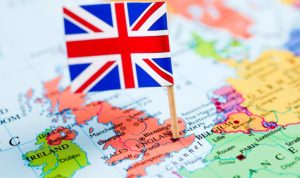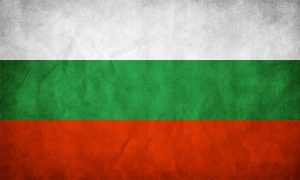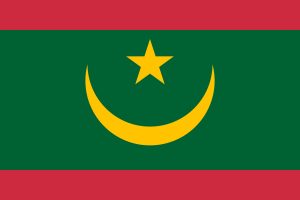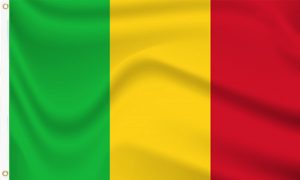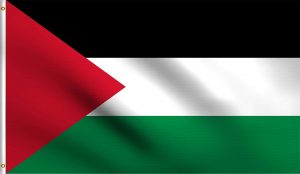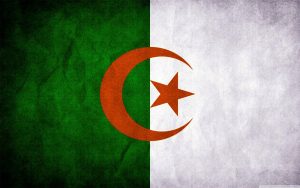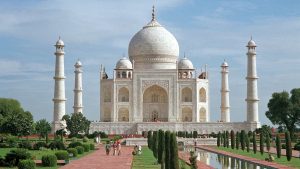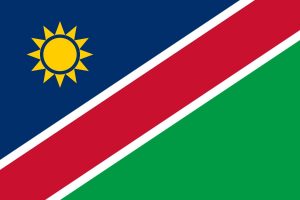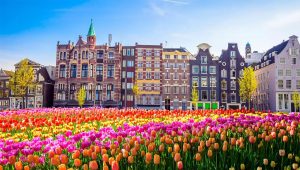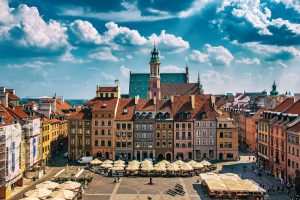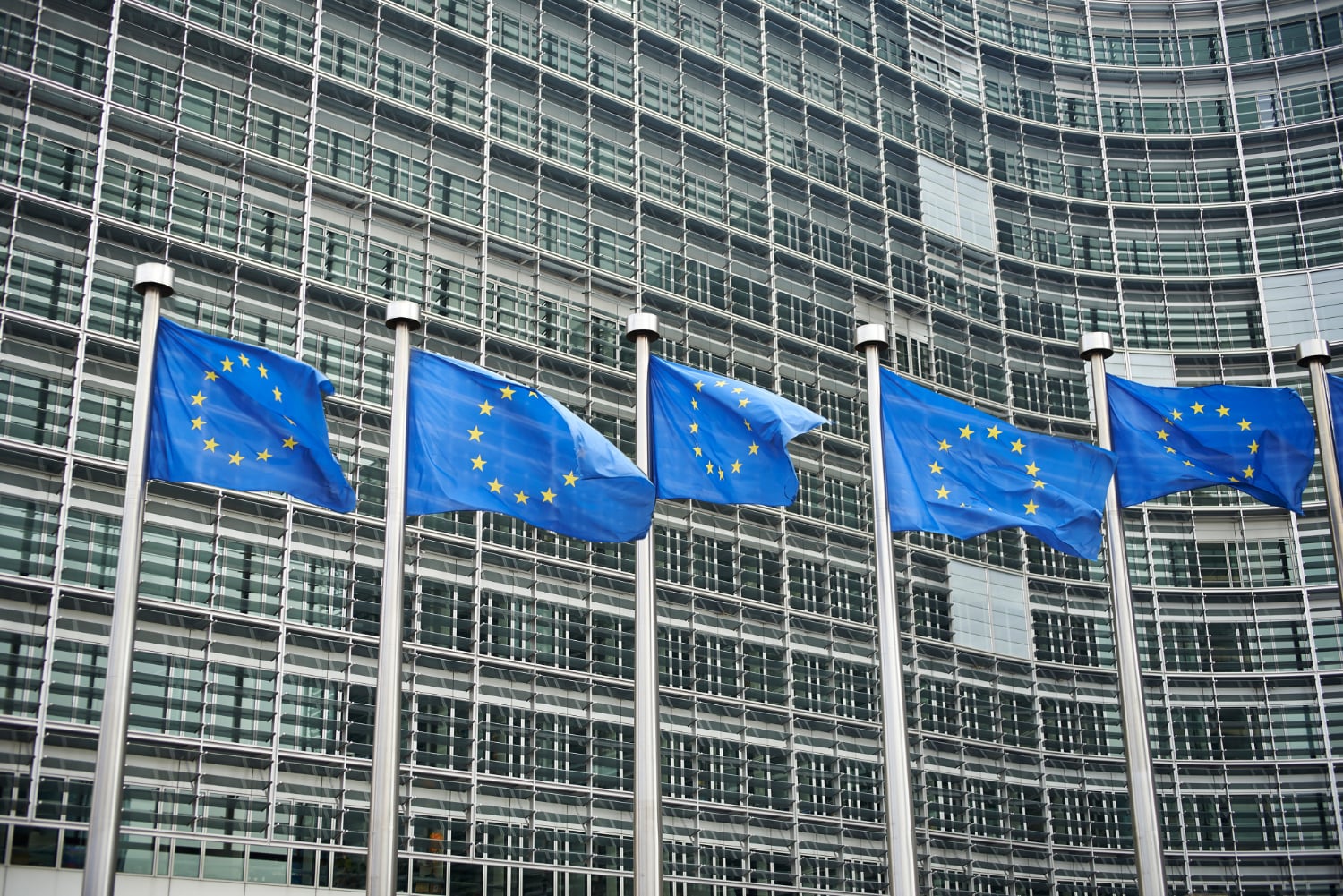
30 interesting facts about Europe
- 👁️ 3071
Europe, though the second smallest continent on the globe, holds a significant place in world history and culture. Known as the birthplace of Western Civilisation, its historical significance is shaped by ancient civilisations, great empires, and seminal events like the Renaissance and Industrial Revolution. From natural beauty to architectural marvels, Europe’s rich diversity is reflected in its various countries, cultures, and languages. Offering a fascinating mix of old-world charm and modern innovation, Europe remains a focal point of global interest.
- Europe is home to 44 countries. While most are part of the European Union, several are not.
- The European continent is named after Europa, a Phoenician princess in Greek mythology.
- It is estimated that Europe was first inhabited by modern humans about 40,000 years ago.
- Europe boasts several of the world’s smallest countries, including Vatican City, which is also the smallest internationally recognised independent state in the world.
- The European Union was awarded the Nobel Peace Prize in 2012 for its contribution to peace and reconciliation, democracy, and human rights in Europe.
- The continent is home to both the highest (Mount Elbrus in Russia) and lowest (Caspian Sea shore) points in Europe.
- Europe’s longest river is the Volga, which runs through Russia.
- Europe has over 200 languages spoken across the continent.
- The Renaissance, a period of great cultural and technological change, began in Europe, specifically in Italy, in the 14th century.
- The Industrial Revolution, which transformed global industry and society, also started in Europe, in Great Britain, in the 18th century.
- Europe’s largest city by population is Istanbul, which straddles the continents of Europe and Asia.
- The highest temperature ever recorded in Europe was 48.8 degrees Celsius in Italy in 2021.
- Europe is the most visited continent in the world. France is the most visited country, and its capital, Paris, is the most visited city.
- Europe’s oldest university in continuous operation is the University of Bologna, founded in 1088.
- The European Union operates a single market which allows free movement of goods, capital, services, and people between member states.
- The euro, used by most EU countries, is the second most traded currency in the world after the US dollar.
- Europe has been the site of some of the world’s most devastating wars, including the two World Wars.
- The Schengen Area, which includes 26 European countries, abolished passport and other border control at their mutual borders.
- Europe’s Baltic States—Estonia, Latvia, and Lithuania—are known for having the highest number of females to males ratio in the world.
- With over 500 million people, Europe has the third largest population of any continent after Asia and Africa.
- The continent has the highest average life expectancy of any continent, barring Oceania.
- The European continent includes several microstates, which are among the smallest and least populous countries in the world. These include Andorra, Liechtenstein, Monaco, San Marino, and Vatican City.
- Europe has more World Heritage Sites than any other continent. Italy has the most with 55 sites.
- Greenland, which is part of the Kingdom of Denmark, is geographically part of North America but is often considered politically and culturally part of Europe.
- Europe is the only continent without a desert.
- Europe has a climate that varies from subtropical to polar. The Mediterranean climate of the south is dry and warm. The western and northwestern parts have a mild, generally humid climate, influenced by the North Atlantic Current.
- The European Union is the world’s leading producer and exporter of wine.
- Europe has the second smallest surface area of any continent, but it has the second highest amount of coastlines due to its numerous bodies of water and islands.
- Many of the world’s leading scientific revolutions, including the Copernican (heliocentric theory) and Darwinian (theory of evolution), took place in Europe.
- Europe is the birthplace of the Olympic Games, which originated in ancient Greece. The first modern Olympics took place in Athens in 1896.
Europe, with its intriguing tapestry of history, culture, and landscape, is a testament to the enduring significance of the continent. Despite its relatively small geographical size, its influence stretches far and wide, contributing to the world in numerous ways. From shaping global events to leading the way in various sectors, Europe remains an incredible source of diversity and innovation. Its lasting legacy and continuous evolution make Europe not just a continent of the past, but also a vital player shaping the future.


